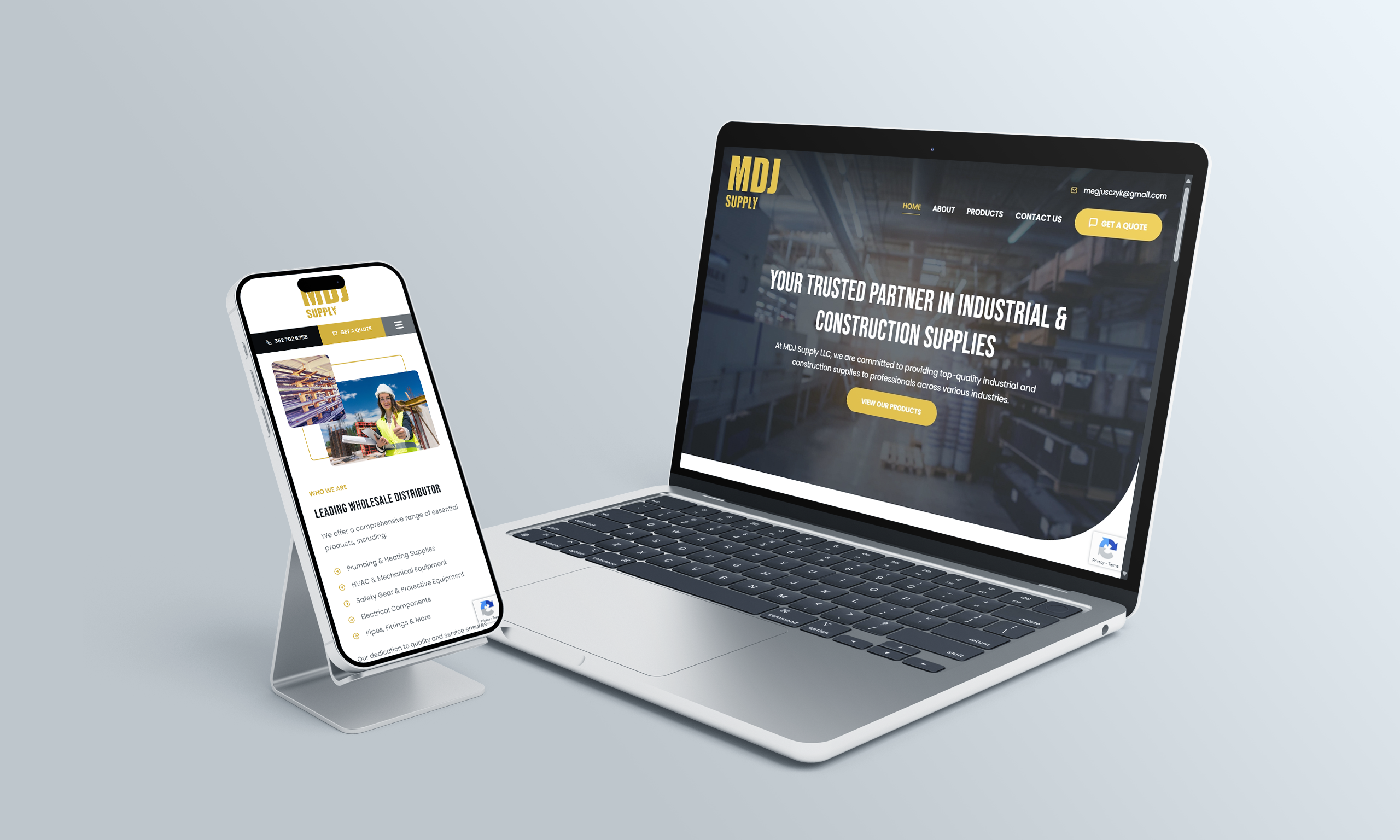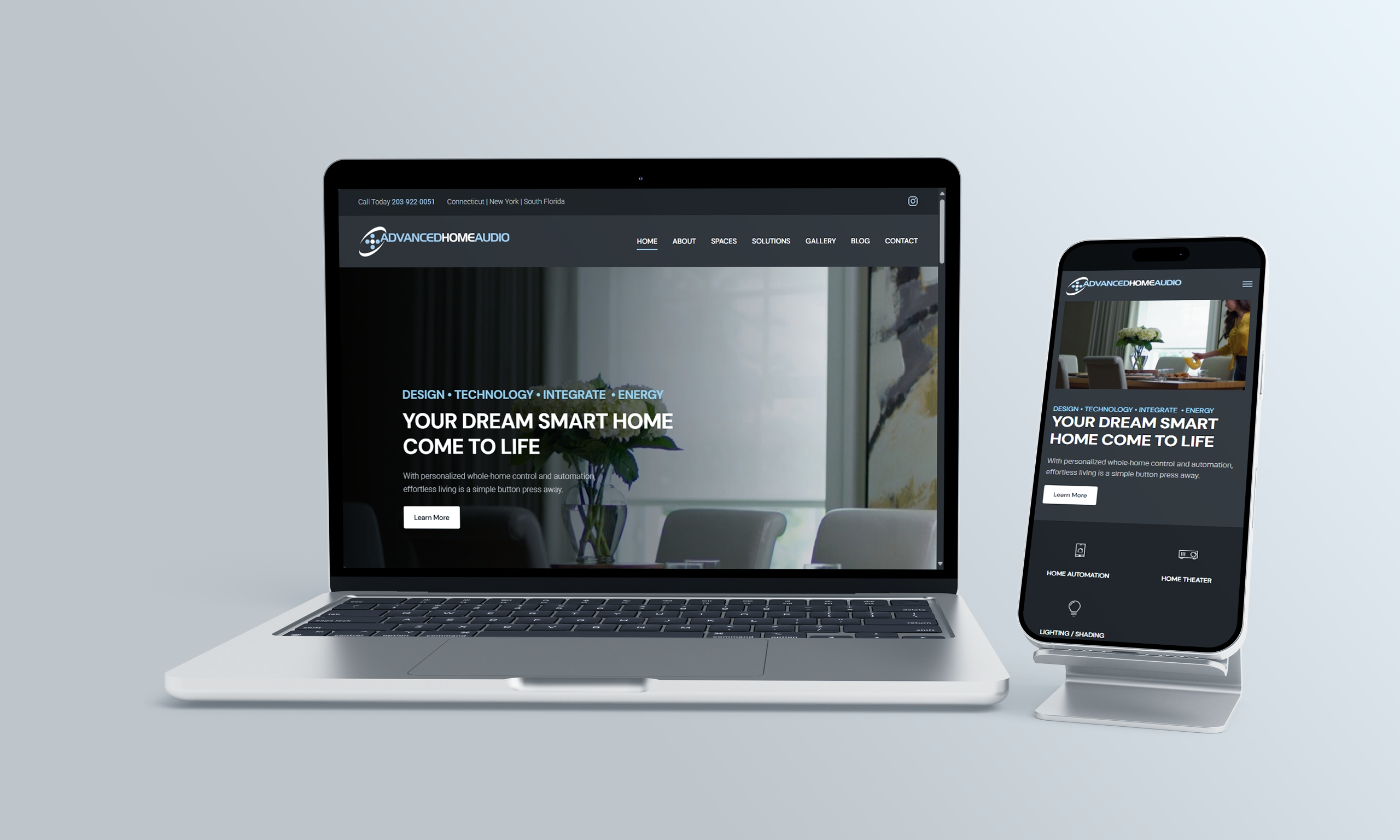
Table of Contents
- PPC for Orthopedics: A Guide to Effective Orthopedic Advertising
- Why Orthopedic PPC Advertising Is Crucial for Your Practice
- What Is Orthopedic PPC Advertising?
- 6 Steps to Running a Successful PPC Campaign for Orthopedics
- Get Started with PPC for Orthopedics Today
- Why Choose Stratedia for PPC Advertising?
PPC for Orthopedics: A Guide to Effective Orthopedic Advertising
Explore the essentials of PPC (pay-per-click) advertising for orthopedic practices with this comprehensive guide from Stratedia. Learn everything from the basics to launching a successful campaign with the help of our expert team.
Why Orthopedic PPC Advertising Is Crucial for Your Practice
Imagine this: Monica needs an orthopedic physician and searches for one on Google. She clicks on a PPC ad that catches her eye. Unfortunately, it wasn’t your practice.
This scenario is why investing in PPC for orthopedics is essential. PPC ads put your practice at the forefront of search engine results, helping you reach prospective patients before your competitors. With a well-executed PPC strategy, you can increase visibility and attract more patients.
Here’s how you can get started with orthopedic PPC advertising and make your practice the go-to choice.
What Is Orthopedic PPC Advertising?
Orthopedic PPC advertising involves running paid ads on search engines like Google and Bing. These ads appear at the top and bottom of search engine results pages (SERPs) and are designed to drive relevant traffic to your practice’s website. PPC allows you to target specific keywords, ensuring your practice reaches users actively searching for orthopedic services.
6 Steps to Running a Successful PPC Campaign for Orthopedics
1. Conduct Keyword Research
To create effective PPC ads, start by identifying the most relevant keywords. When patients search for orthopedic services, they use specific phrases. Your ads need to target those phrases to appear in relevant search results.
Use keyword research tools like SemRush to find the best terms for your ads. Focus on long-tail keywords—phrases with three or more words—for better results.
Why Long-Tail Keywords?
- Relevance: Specific terms like “orthopedist in Boston” attract users actively seeking your services.
- Cost Efficiency: These keywords typically have less competition, reducing your cost per click (CPC).
For example, targeting “sports injury orthopedist near me” will generate more qualified leads than a generic term like “orthopedics.”
2. Customize Landing Pages
Your ad’s success doesn’t stop with the click—it depends on the relevance of your landing page. Create custom landing pages that align with the content of each ad.
For instance, if you’re running an ad for sports injury treatment, direct users to a page that provides detailed information about those services, testimonials, and next steps. A dedicated landing page ensures users find the exact information they need, reducing bounce rates and improving conversions.
3. Leverage Ad Extensions
Ad extensions are a valuable tool for enhancing your PPC ads and encouraging clicks. These extensions provide additional information about your practice, making your ads more informative and appealing.
Types of Ad Extensions to Use:
- Call Extensions: Add your phone number for easy contact.
- Sitelink Extensions: Direct users to specific pages on your site.
- Location Extensions: Showcase your practice’s address for local searches.
- Callout Extensions: Highlight unique features like “Same-Day Appointments.”
Experiment with various extensions to see which combinations resonate most with your audience.
4. Monitor Campaign Performance
Launching a PPC campaign is just the beginning. To achieve success, regularly monitor your ad performance to identify what’s working and where improvements are needed.
Key Metrics to Track:
- Clicks: Measure the volume of traffic your ad generates.
- Click-Through Rate (CTR): Evaluate how effectively your ad drives engagement.
- Cost per Click (CPC): Ensure your campaign stays within budget.
- Conversion Rate: Track how many clicks lead to new appointments or inquiries.
Analyzing these metrics allows you to refine your campaign, improving ROI and ensuring your ads perform effectively.
5. Test Your Ad Content
No ad is perfect on the first try. Continuous testing is essential to creating high-performing PPC campaigns.
Elements to Test:
- Ad Copy: Experiment with headlines, descriptions, and tone.
- Landing Pages: Try different layouts, visuals, and CTAs.
- Keywords: Test targeting new terms or excluding irrelevant ones.
- Ad Extensions: Determine which extensions generate the most engagement.
Remember to test one variable at a time to identify which changes make the most significant impact.
6. Expand Your Reach with Multiple Platforms
While Google is a leading platform for PPC advertising, don’t overlook other search engines like Bing. Bing can be especially effective for targeting older demographics, as it has a significant share of users aged 45-54.
Expanding to additional platforms allows you to reach a broader audience and capture patients who might not use Google as their primary search engine
Get Started with PPC for Orthopedics Today
If you’re ready to attract more patients and grow your practice, investing in PPC advertising is the next step. Stratedia specializes in creating tailored PPC strategies for orthopedic practices, ensuring you maximize visibility and ROI.
Why Choose Stratedia for PPC Advertising?
- Expert Team: Our Google Ads-certified team has managed hundreds of successful PPC campaigns.
- Proven Results: Stratedia’s data-driven strategies deliver measurable outcomes.
- Custom Campaigns: We create PPC plans tailored to your practice’s unique goals and needs.
Call Stratedia today at 860-415-0340 to launch a PPC campaign that drives results and brings more patients to your orthopedic practice!










